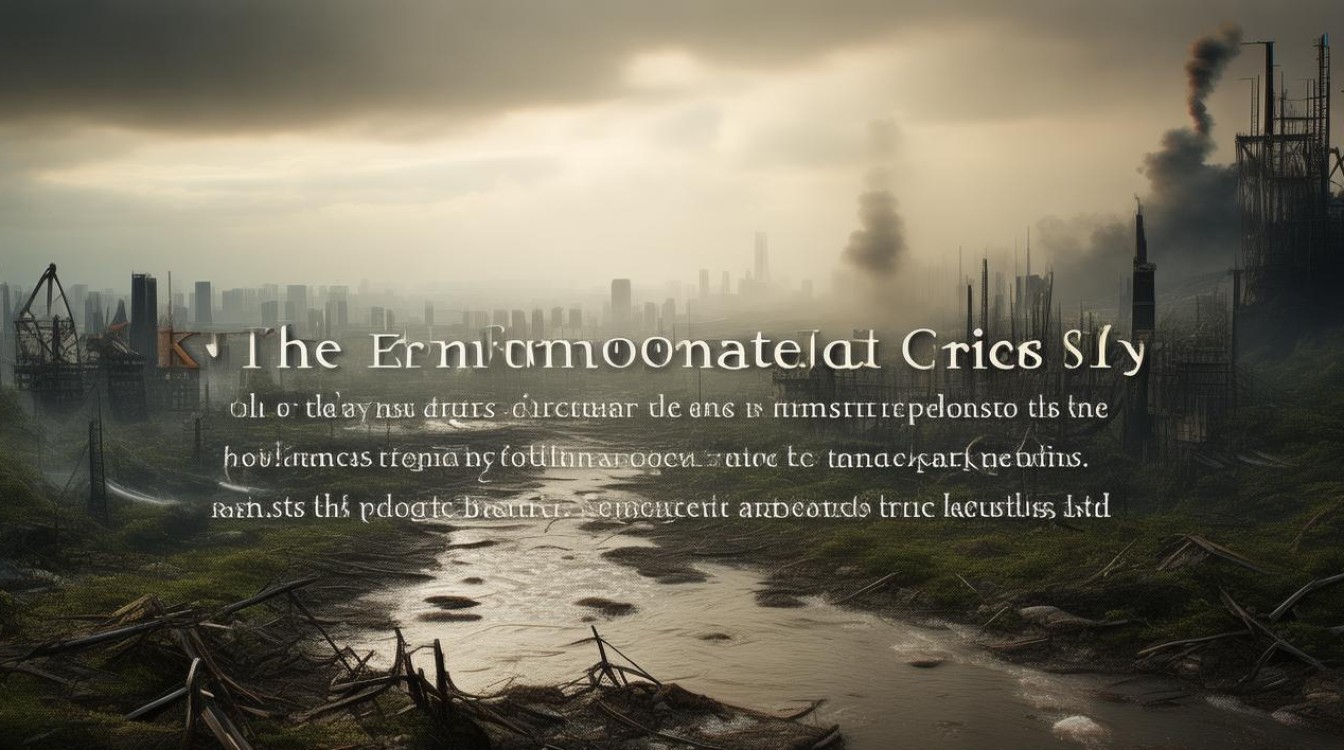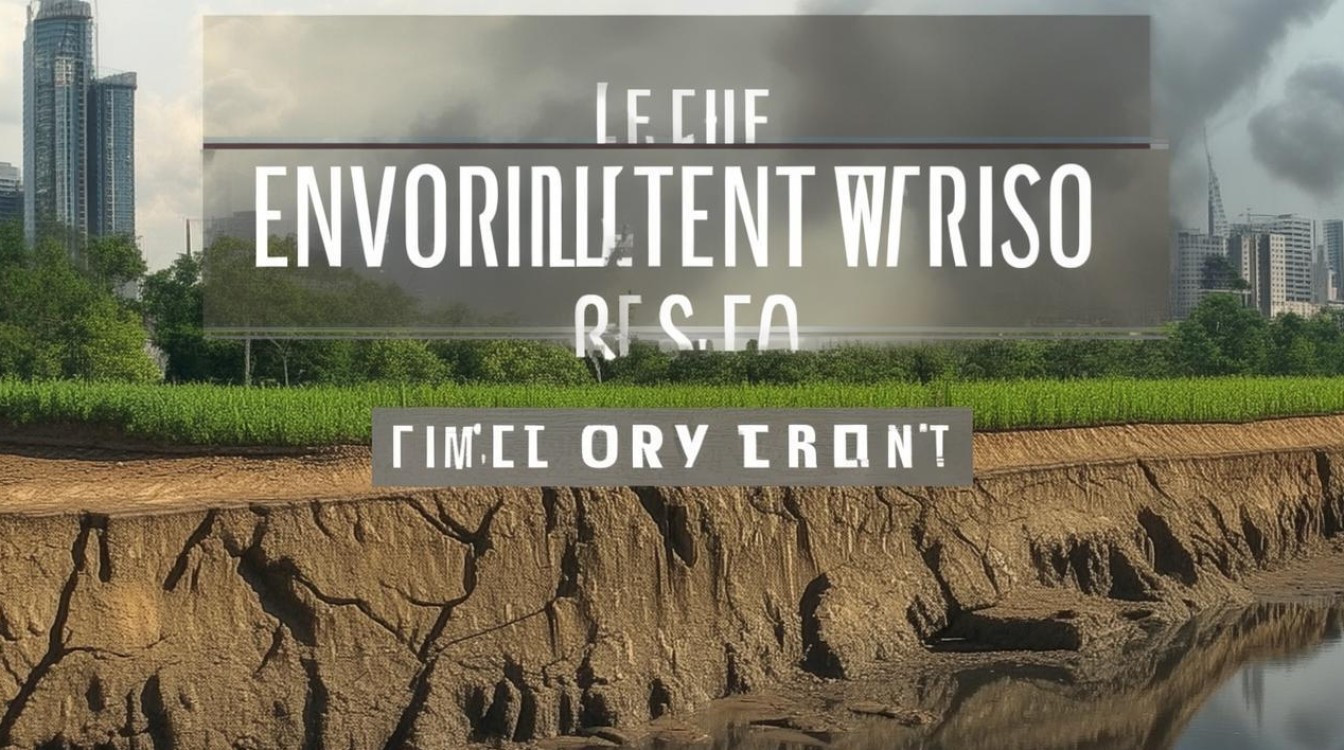The global environmental crisis has become a central topic in academic and public discourse, making it a frequent subject in IELTS writing tasks. Addressing environmental issues effectively requires a clear understanding of key problems, their causes, and potential solutions. This article explores pressing environmental challenges, their implications, and actionable strategies, providing valuable insights for IELTS candidates aiming to craft high-scoring essays.

Climate Change: The Defining Challenge
Climate change remains the most urgent environmental threat, driven primarily by greenhouse gas emissions from human activities. The burning of fossil fuels for energy, deforestation, and industrial processes have significantly increased atmospheric carbon dioxide levels. According to the Intergovernmental Panel on Climate Change (IPCC), global temperatures have risen by approximately 1.1°C since the pre-industrial era, leading to extreme weather events, rising sea levels, and ecosystem disruptions.
To mitigate climate change, transitioning to renewable energy sources like solar, wind, and hydropower is essential. Governments must implement stricter emissions regulations, while individuals can reduce their carbon footprint by adopting sustainable practices such as using public transport and minimizing energy consumption.
Pollution: A Multifaceted Menace
Pollution manifests in various forms—air, water, and soil—each posing severe risks to health and biodiversity. Air pollution, caused by vehicle emissions, industrial discharges, and agricultural burning, contributes to respiratory diseases and premature deaths. The World Health Organization estimates that 99% of the global population breathes air exceeding safe pollution limits.
Water pollution, resulting from industrial waste, plastic debris, and agricultural runoff, devastates marine life and contaminates drinking water. The Great Pacific Garbage Patch, a massive accumulation of plastic waste, exemplifies the scale of this crisis. Soil pollution, often overlooked, stems from excessive pesticide use and improper waste disposal, degrading arable land and threatening food security.

Combatting pollution requires stringent waste management policies, investment in clean technologies, and public awareness campaigns. Recycling initiatives and bans on single-use plastics have shown promise in reducing environmental harm.
Deforestation: The Loss of Vital Ecosystems
Forests play a critical role in maintaining ecological balance by absorbing carbon dioxide, regulating climate, and supporting biodiversity. However, deforestation for agriculture, logging, and urban expansion has led to habitat destruction and species extinction. The Amazon rainforest, often termed the "lungs of the Earth," has lost nearly 20% of its area in the past 50 years.
Reforestation efforts and sustainable land-use practices are vital to reversing this trend. Governments must enforce anti-deforestation laws, while corporations should adopt zero-deforestation supply chains. Consumers can contribute by choosing sustainably sourced products.
Biodiversity Decline: An Ecological Emergency
Human activities have accelerated species extinction rates to unprecedented levels. Habitat destruction, pollution, and climate change threaten nearly one million species with extinction, according to the United Nations. The loss of biodiversity disrupts ecosystems, reducing their resilience to environmental changes.

Protecting endangered species requires expanding conservation areas, combating illegal wildlife trade, and restoring degraded habitats. Community-based conservation programs have proven effective in preserving biodiversity while supporting local livelihoods.
Sustainable Solutions: Collective Action for Change
Addressing environmental issues demands cooperation between governments, businesses, and individuals. Policy measures such as carbon pricing, renewable energy subsidies, and plastic taxes can drive systemic change. Technological innovations, including carbon capture and electric vehicles, offer promising solutions.
On an individual level, adopting a minimalist lifestyle, reducing meat consumption, and supporting eco-friendly brands can significantly lower environmental impact. Education is equally crucial; raising awareness about sustainability empowers communities to take meaningful action.
A Call to Responsibility
The environmental crisis is not an insurmountable challenge but a call to collective responsibility. While governments and corporations must lead large-scale initiatives, individual actions collectively shape the planet’s future. For IELTS test-takers, articulating these issues with clarity and proposing well-reasoned solutions can demonstrate critical thinking and language proficiency. The fight for a sustainable future begins with informed discourse and decisive action—qualities that define high-scoring IELTS essays.


